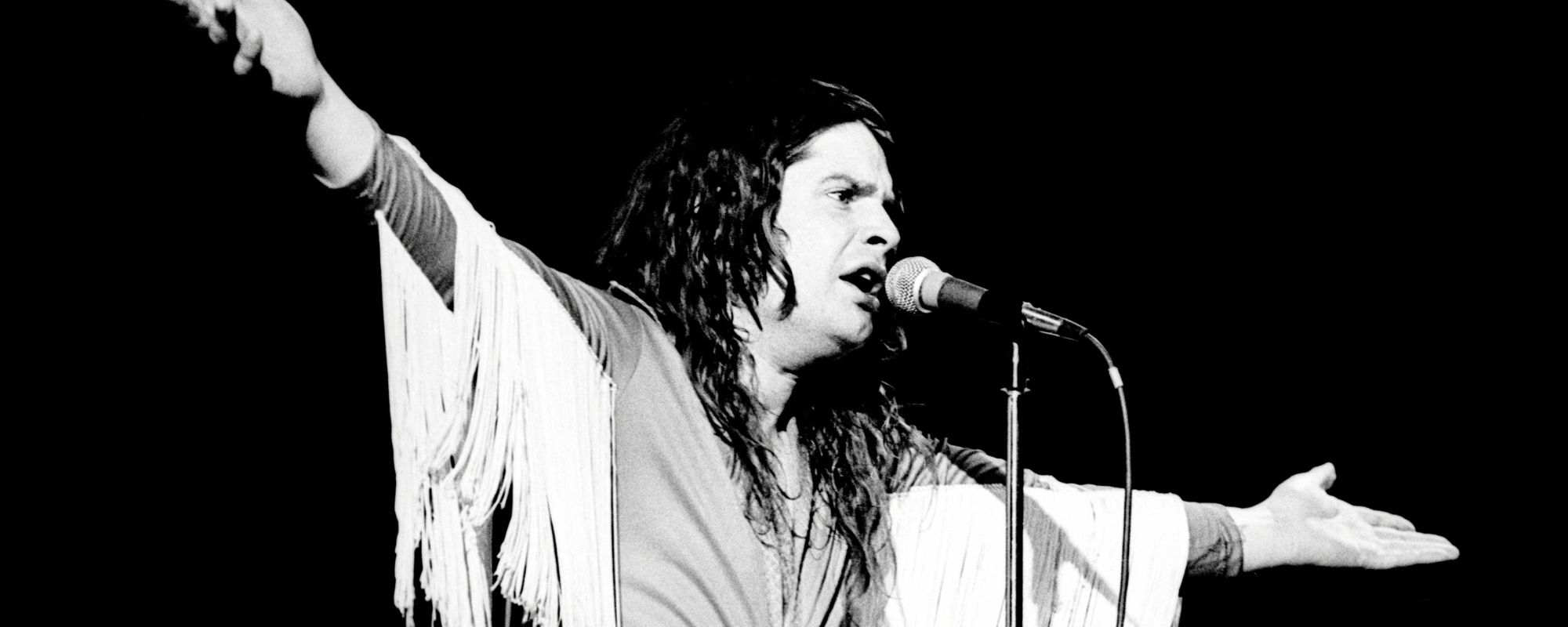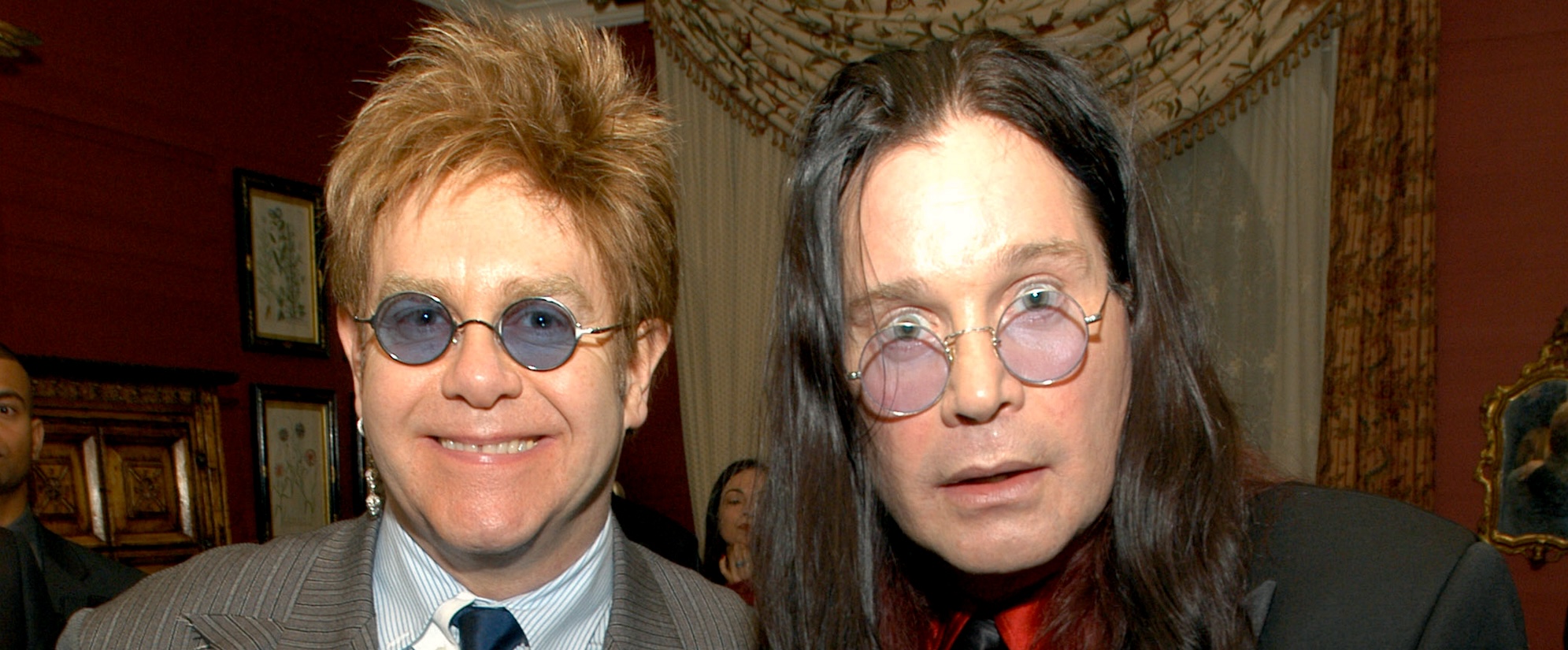When Black Sabbath were working on their fourth album, Vol. 4, drummer Bill Ward was going through a divorce with his first wife, Jean, a misfortune that inspired the band’s only ballad, “Changes.” Written by bassist Geezer Butler, “Changes” was then pieced together by Ward, Ozzy Osbourne, and guitarist Tony Iommi.
“When a lot of people hear the name ‘Black Sabbath,’ all they think of is the heavy stuff,” said Osbourne in his 2010 autobiography, I Am Ozzy. “But there was a lot more to us than that, especially when we started making an effort to get away from all that black magic shit. With ‘Changes,’ Tony just sat down at the piano and came up with this beautiful riff. I hummed a melody over the top, and Geezer wrote these heartbreaking lyrics about the breakup Bill was going through with his wife at the time. I thought that was brilliant from the moment we recorded it.”
I feel unhappy
I feel so sad
I lost the best friend
That I ever had
She was my woman
I loved her so
But it’s too late now
I’ve let her go
I’m going through changes
I’m going through changes
Videos by American Songwriter
A more orchestral piano ballad, “Changes,” was a departure for Sabbath. Though it sounds like the band is backed by a string section, Iommi, Butler used Mellotron to capture the sound of an orchestra.
“I’d never played the piano before, and I started learning it right there and then—I came up with ‘Changes,’ said Iommi in his 2011 autobiography Iron Man. “Ozzy came in and said, ‘Oh, I like that’ and started singing to it. We got the Mellotron in and Geezer started playing that, like an accompaniment, an orchestral thing. And that was it, we decided to record it. It sounded really weird; I couldn’t believe it was us. Geezer and me were learning, it was a challenge.”
Since its release, “Changes” has been covered nearly 50 times, crossing over into hip-hop, pop, and even lowering the decibels of metal bands.
Here’s a look back at five heartrending and some surprising renditions of the Sabbath classic across 30 years from the early 1990s through the 2010s.
[RELATED: The Song Ozzy Osbourne Co-Wrote for Tony Iommi’s Solo Debut]
Ozzy Osbourne (1993)
After Osbourne’s sixth solo album, No More Tears, he released a live album, Live & Loud, which was meant to be his final album following his tour, No More Tours. The album features a live recording of “Black Sabbath,” featuring the original band members, and picked up a Grammy Award for Best Metal Performance in 1994 for the live version of “I Don’t Want to Change the World.” Osbourne also revisited Black Sabbath’s “Changes,” rerecording 20 years after it was released.
Overkill (1999)
In 1993, thrash metal band Overkill slowed things down with their version of “Changes” on their 1999 covers album Coverkill. The album also featured covers of songs by other bands that influenced them, including the Ramones, Motörhead, Deep Purple, Kiss, Judas Priest, Manowar, the Dead Boys, and the Sex Pistols.
Ozzy Osbourne and Kelly Osbourne (2003)
A decade after Ozzy released his solo version of “Changes,” he recorded another version of the song with his daughter, Kelly Osbourne. The father-daughter rendition went to No. 1 in the UK and also benefited from the family’s reality TV series, The Osbournes. Ozzy and Kelly Osbourne also modified some lyrics to capture their relationship and the story of a girl leaving home. In their version, Kelly sings I love you, daddy / But I found my way to Ozzy’s My baby is grown now / She’s found her way.
“Going Through Changes,” Eminem (2010)
Eminem had a different idea with “Changes” in 2010, sampling the original with his raps in between. An example of the pliability of the classic, Eminem retitled it “Going Through Changes,” transforming it into a more personal song about drug addiction and depression.
Charles Bradley (2013)
Before he died in September of 2017, funk and soul singer and songwriter Charles Bradley recorded one of the most affecting versions of “Changes” for his third and final album of the same name. Singing from a place of ache and pain, Bradley sang like someone who lived through each line. His version also appeared on television, in the HBO series Big Little Lies, and became the theme song of the Netflix coming-of-age animated series Big Mouth.
Photo: Black Sabbath, 1971 (Chris Walter/WireImage)













Leave a Reply
Only members can comment. Become a member. Already a member? Log in.